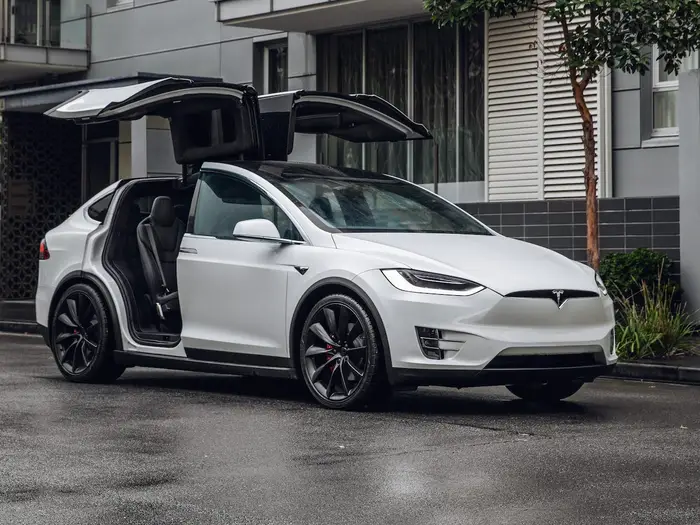With all the nice things being said about electric cars and how sales of battery-powered vehicles have been soaring recently, its common to see analysts predicting that electric cars will replace combustion engine cars in the nearest future. But that’s not true my friend.
Electric cars explained
Electric vehicles (EVs) do not require fossil fuels like diesel or petrol to function neither do they litter the air with carbon-filled smoke when they run.
The concept of EVs is to reduce global warming caused by combustion engine or fuel cars. When you charge an EV, a large quantity of electrical energy in stored in high capacity battery cells under the cabin or hood. After charging, the energy is then used to power the vehicle to travel distances. This way, there’s no smoke produced or air pollution encountered.
Think about it
Even though they do not emit harmful gases themselves, the process of producing electricity that charges EVs oftentimes if not most times involve fossil fuels and emission of carbon monoxide.
In the United States last year, fossil fuels accounted for 63% of electricity generated into the power grid. Solar energy made up only a tiny 1.6% while nuclear energy was pegged at 17%. In all, if you live in the United States and drive an EV, the chances that you indirectly (ie the government doing it on your behalf) blast dangerous smoke and chemicals into the atmosphere in the name of generating electricity for charging your supposedly clean EV is more than 80%.
Sales of electric cars will rise but electric is not the future
While more and more people are happy to buy “eco-friendly” electric cars now, it won’t be long before everyone starts to find out that EVs cause air pollution and global warming as much as petrol or diesel-powered cars.
Yours sincerely foresee a massive rise in the sale of electric cars in the nearest future but a stall if not steep decline and eventual demise of the electric car system in 20 to 30 years.
So what’s the future?
Hydrogen fuel cell cars. Hydrogen fuel cell cars are they future and they are powered by Hydrogen, stored inside high-pressure tanks in the car. Oxygen is fed through the front grills which reacts with the stored Hydrogen to produce electricity to power the vehicle and release clean water as the waste product. The driver can dump waste water from the car by pressing a H20 button on the dashboard when its convenient.
At 4 minutes, Hydrogen-powered cars are so much faster and easier to re-fill compared to the average 3 hours needed to get an electric car charged to 80%.
Imagine driving a Hydrogen-powered Toyota Mirai from Abuja to Onitsha on a sunny afternoon and there’s only one fuel station along the way. Lets say, this fuel station is located in the middle of your journey. Ordinarily, the Hydrogen-powered Mirai has a range of 502 km which should see you to the end of the journey on a full tank without needing a refill.
But lets say you started the journey on a half-filled tank of Hydrogen. Once you get to the fuel station, in less than 5 minutes, your Mirai is stuffed up with refill Hydrogen and you’ll be on your way.
Picture this same scenario with an EV Tesla S model. With a driving range of about the same 500km for the highest trim of this EV, your Tesla S will spend about 4 hours to attain up to 50% charge to complete its journey from the fuel/charging station.
Hydrogen cars are not only just faster to refill. Their components outlast EVs’ by a far margin. For example, a Hydrogen-powered car won’t need battery replacements in 3 years like in EVs where you need to replace car batteries as it becomes weary and starts holding less and less charge with age.
Also good luck polluting the earth with toxic and corrosive material when you dispose those heavy batteries from your EV.
When will Hydrogen-cell cars start to dominate?
At roughly $60,000, the Mirai is costly to purchase although it’s not as costly as most EVs in the market. To fill-up a Mirai tank, you need to buy 3.8kg of Hydrogen at about $16 per kilogram.
Considering that you will pay much much less for electricity when charging your lovely Tesla compared to a Hydrogen refill, most people will prefer the financial burden of refilling an EV than a HFC.
Analysts and car companies say that as more people continue to buy Hydrogen fuel cell vehicles, the cost of purchasing them will diminish just as the cost of Hydrogen itself will continue plummeting as more methods are discovered for acquiring Hydrogen which is the most abundant element in the universe.
